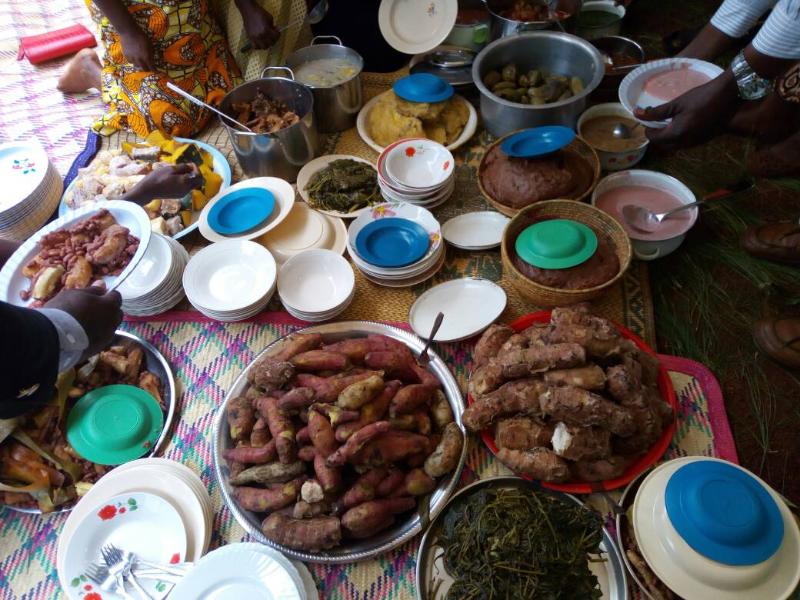Healthy eating habits and practices have been replaced by unhealthy and consumption of less diverse and less nutritious foods. The compromised eating trends are incidentally an occurence among both low and high income populations. Among the latter it is attribued to among other reasons climate change which has affected agricultural productivity amidst competing households economic needs. In middle and high income populations in urban settlements, a mix of factors ranging from busy work schedules and time constraints have led to the increase in consumption of fast foods.
As a result of these realities, cases of malnutrition, obesity, cancers and a host of other diet related illnesses are on the increase. Ironically, even among regions and communities reknown for good weather and fertile soils such as Kabarole District in Western Uganda, the region is said to have one of the highest rates of diet difficiences among children and adults in the country. “It has become common over the years for households and communities to produce for the market as a priority at the expense of home consumption”, says Jamida Abwooli a resident of Fort Portal Municipality. A bulk of much of what is produced in the region is sold locally and exported to neighbouring markets with little or nothing left for home consumption. The rejected farm product by the buyers is often what is left for home consumption. It is such truth that largely explains the disconnect between high production in very fertile regions like Kabarole in Uganda and diet difficiences. The need to make a living, earn an income to meet numerous household needs has made low income households sacrifice nutritious diets within their reach for less nutritious, less healthy and diverse foods.
Community food fests
Hivos partner, Kabarole Research and Resource Centre in Uganda (KRC), is seeking to change the attitude and feeding practices among low income communities and households. “Low incomes should not mean consumption of less diverse food” KRC tagline says.
Every month a Community Food fest dubbed Orugali fests is held at household level where 20-50 people from the community attend. Diverse and nutritious foods are prepared by a host family for every one in attendance to consume. After the meal, discussions are held on the importance of food diversity and food choices and what it means for healthy living. Families are reminded of how possible and important it is to eat different nutritious food even with low incomes. Other topics explored include re-generating soil fertility, vegetable growing, water and sanitation including the role of leadership in improving the local food system. A minimal fee is contributed towards purchasing the food.
The Orugali fests as they are known are gradually changing mindsets and feeding practices among rural households and communities in Kabarole District. KRC is also taking this model and food discussions to national level spaces with the expectation that it can be replicated in other regions of Uganda.
At the end of the day, low incomes should not translate to food choices that render the consumption of non nutritious and unhealthy foods inevitable. Healthy eating, a healthy well being.




